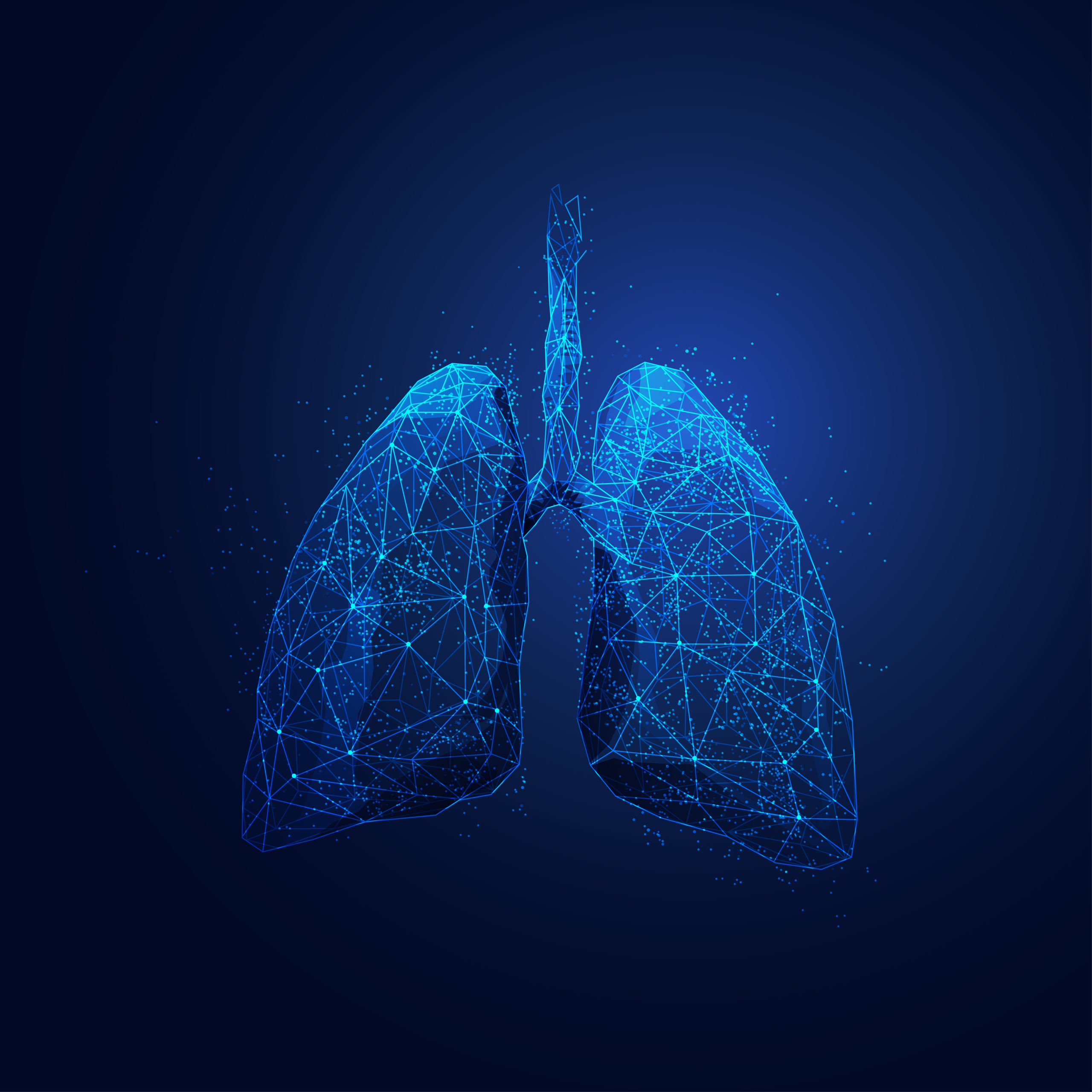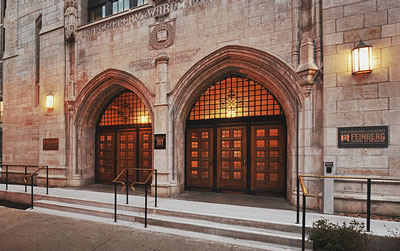-

Dermatology Chief Resident Discusses ABC News Internship
Molly Stout, MD, chief resident in the Department of Dermatology, has been interning for ABC News’ Medical Unit through their Resident Rotation Program, helping with writing and reviewing medical news stories for the network’s major TV news stations and website.
-

New Drug Target for Treatment-Resistant Prostate Cancer
Inhibiting an epigenetic regulator called DOT1L could be a key to slowing treatment-resistant prostate cancer, according to a recent Northwestern Medicine study.
-

New Biomarkers for Glioma Treatment Response
Biomarkers using mass cytometry can assess patient response to an emerging treatment for pediatric brain tumors, according to a recent multi-center study.
-

Feinberg Perspectives Podcast Shares Reflections Amid Pandemic
In the second season of Feinberg’s essay-based podcast, Perspectives, members of the Northwestern Medicine community share their experiences and insights from the lab, the clinic and the broader community during the COVID-19 pandemic.
-

Assessing COPD Risk and Narrow Airways
A mismatch between airway size and lung capacity, called dysanapsis, is a strong risk factor for chronic obstructive pulmonary disease, according to a new study.
-

First-Year Student Expresses Optimism for the Future of Medicine
COVID-19 has altered Michael Chidueme’s first couple weeks on campus, but it’s also changed how he thinks about his future profession.
-

Biological Sex Affects Genes for Body Fat, Cancer, Birth Weight
Biological sex has a small but ubiquitous influence on gene expression in almost every type of human tissue, according to a new study.
-

Novel AI Technique Identifies Viral Control of Intracellular Changes
Using an artificial intelligence cell classification technique, Northwestern Medicine investigators have found that viruses can control structural and genetic polarity inside the cell nucleus.
-

Understanding Mitochondrial Dysfunction’s Impact on Neurological Diseases
A recent Northwestern Medicine study may improve the understanding of mitochondrial dysfunction and its impact on the development of neurological diseases.
-

High Blood Pressure Risky, Even for Young Adults
Several forms of hypertension are associated with higher risk of cardiovascular disease events, even in young adults, according to a recent study.
-

Faculty Discuss Current State of the COVID-19 Pandemic
As the COVID-19 pandemic continues, Northwestern Medicine investigators share their expertise about the current state of the pandemic, strategies to help mitigate its impact and what the upcoming flu season may look like.
-

Mixed Record on Lifestyle Advice for Pediatric Fatty Liver
Lifestyle advice has been only somewhat effective in controlling or slowing the progression of nonalcoholic fatty liver disease in children, according to a recent study published in Gastroenterology.
-

Galter Librarian Named Illinois Academic Librarian of the Year
Molly Beestrum, MLIS, education and curriculum coordinator for the Galter Health Sciences Library and Learning Center, has been named Illinois Academic Librarian of the Year by the Illinois Library Association.
-

New Strategy Could Boost Coronavirus Vaccine Effectiveness
Blocking the frontline immune response could improve vaccines against viral diseases such as coronaviruses, according to a Northwestern Medicine study.
-

New Therapy Targets Breast Cancer Metastases in Brain
A new combination therapy targeting breast cancer tumors in the brain dramatically decreased tumor size and increased survival in mice, according to a new study.
-

Medical Student Discusses Native American Medical Student Association
Caitlin Jacobs, a third-year medical student, helped establish Feinberg’s Association of Native American Medical Students last year to increase awareness of Native American health issues and foster better understanding of Native American cultures.
-

Advancing Deep Brain Stimulation for Parkinson’s
A novel deep brain stimulation device significantly improved quality of life for patients with advanced Parkinson’s disease while also reducing common physical side effects from medication, according to findings published in The Lancet Neurology.
-

Green, Garcia Receive Top Honors from AAMC
Two Feinberg faculty members in the Department of Medical Education have been honored with awards for humanism in medicine and teaching from the Association of American Medical Colleges. (AAMC).
-

Abdulkadir Wins 2020 Tripartite Prize
Sarki Abdulkadir, MD, PhD, has been named the winner of the 2020 Tripartite Legacy Faculty Prize in Translational Science and Education for his work investigating the molecular pathways that drive prostate cancer.
-

Gene Therapy Could Treat Atrial Fibrillation
Targeting oxidative stress with a genetic therapy reduced atrial fibrillation in animal models of disease, making this a promising future treatment, according to a study published in Circulation.






